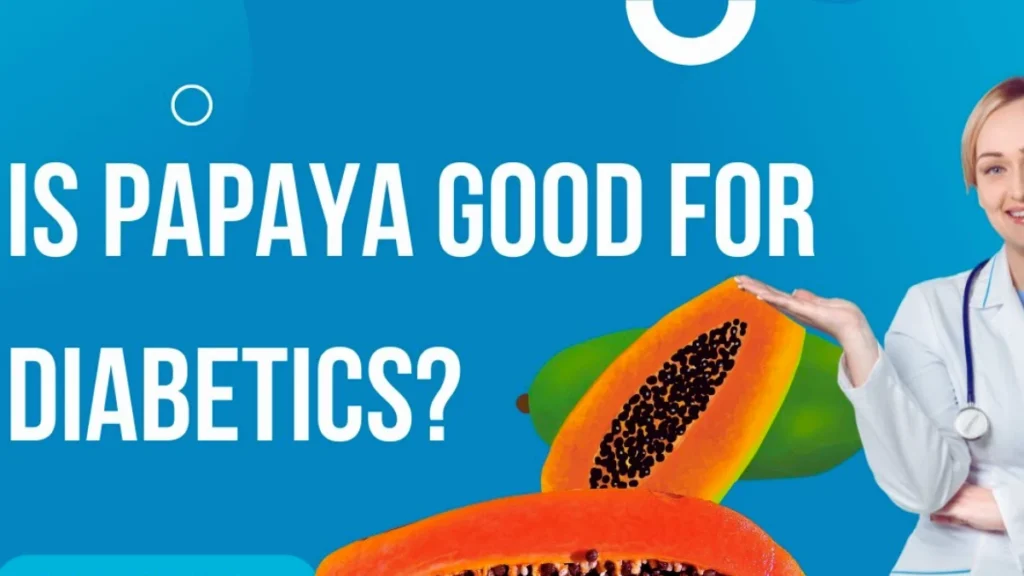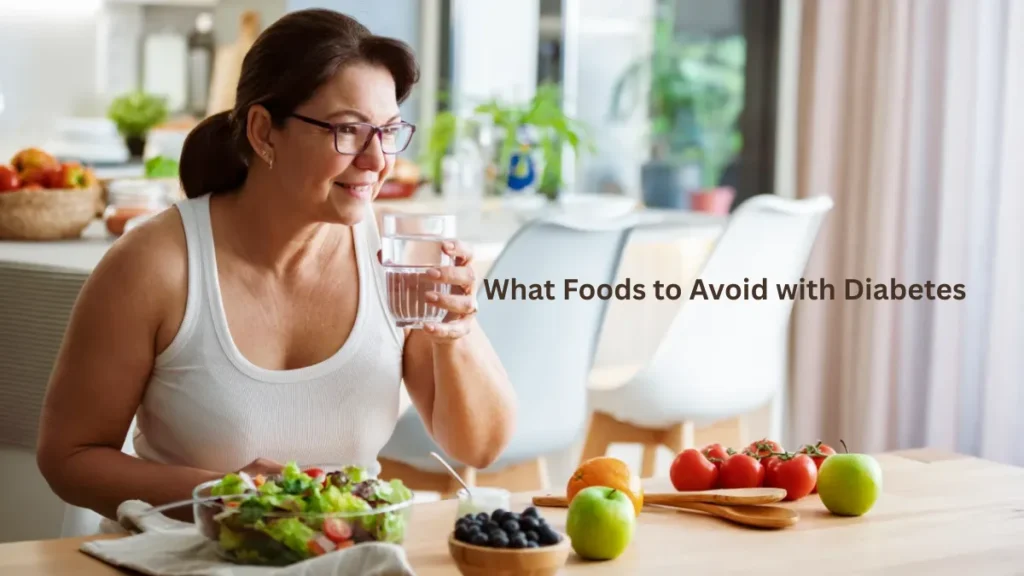Managing diabetes—especially Type 2 diabetes—goes beyond just taking medications. It requires careful attention to diet, lifestyle, and daily choices. The food you eat directly impacts your blood sugar levels, insulin sensitivity, and overall well-being. If you’re wondering what foods to avoid with diabetes, this comprehensive guide outlines the worst offenders, explains why they are harmful, and offers healthy alternatives.

| Contact Us | Info |
|---|---|
| Address | Jolen Hospital, Velachery Road, Sembakkam, Chennai – 600073, Tamil Nadu, India |
| jolenhospital@gmail.com | |
| Mobile | +91 73058 55991 |
| Phone (Landline) | 044 2228 3001 |
What Foods to Avoid with Diabetes
Why Diet Matters in Diabetes
Diabetes is a chronic condition that affects how your body processes glucose. In Type 1 diabetes, the pancreas doesn’t produce insulin. In Type 2 diabetes, the body either doesn’t produce enough insulin or can’t use it effectively. In both cases, managing blood sugar levels is crucial.
Why the right diet matters:
- Helps control blood sugar spikes
- Reduces insulin resistance
- Prevents complications like nerve damage, kidney disease, and heart problems
Understanding the glycemic index (GI) of foods is also important. Foods with a high GI cause faster spikes in blood glucose, while low-GI foods release sugar slowly into the bloodstream, making them ideal for diabetes management.
Top Foods to Avoid for Diabetics

| Food Category | Examples | Reason to Avoid |
|---|---|---|
| Sugary Beverages | Soda, sweetened juices, energy drinks | Cause rapid spikes in blood glucose levels |
| Refined Carbs | White bread, white rice, pastries | Low in fiber and lead to high blood sugar levels |
| Fried Foods | French fries, fried chicken, doughnuts | High in unhealthy fats and calories |
| Full-fat Dairy | Whole milk, cream, full-fat cheese | High in saturated fats, may increase insulin resistance |
| Processed Meats | Bacon, sausages, hot dogs | Contain preservatives, unhealthy fats, and increase heart disease risk |
| Sweetened Breakfast Cereals | Frosted flakes, granola with sugar | Often contain high amounts of added sugar |
| Packaged Snacks | Chips, crackers, cookies | High in carbs, salt, and unhealthy oils |
| Baked Goods | Cakes, muffins, pies | Rich in sugar, refined flour, and trans fats |
| Flavored Yogurts | Fruit-flavored or low-fat yogurts with added sugar | Contain hidden sugars despite health branding |
| Alcohol (Excessive) | Beer, sweet wines, mixed drinks | Can cause sugar spikes or drops, especially when taken on empty stomach |
1. Sugary Beverages
Examples: Soda, sweetened iced tea, energy drinks, packaged fruit juices
These drinks are loaded with refined sugars and offer zero nutritional value. A single 12 oz can of soda can have over 35 grams of sugar, which can cause an instant spike in blood sugar levels.
Why avoid?
They cause insulin resistance and increase the risk of Type 2 diabetes complications.
2. Refined Carbohydrates
Examples: White bread, white rice, regular pasta, baked goods
These foods are stripped of fiber and nutrients during processing. They are digested quickly, leading to sharp increases in blood sugar.
Why avoid?
They offer empty calories and have a high glycemic index, making them unsuitable for diabetics.
3. Processed Snacks
Examples: Potato chips, cookies, crackers, granola bars
These often contain added sugars, unhealthy oils, and preservatives.
Why avoid?
They contribute to weight gain, insulin resistance, and chronic inflammation.
4. Fried Foods
Examples: French fries, fried chicken, pakoras, samosas
Frying food increases the calorie count and adds trans fats, which are harmful to your heart and insulin sensitivity.
Why avoid?
They increase cholesterol levels and may worsen diabetic symptoms.
5. Full-Fat Dairy
Examples: Whole milk, cream, full-fat cheese, butter
Full-fat dairy contains saturated fats, which can raise LDL (bad) cholesterol.
Why avoid?
Increased cholesterol levels are linked to a higher risk of cardiovascular disease—a common complication in diabetes.
6. Processed Meats
Examples: Sausages, hot dogs, bacon, deli meats
These meats are high in sodium and preservatives like nitrates.
Why avoid?
They contribute to heart disease, increase blood pressure, and worsen insulin resistance.
7. Alcohol (When Consumed in Excess)
Examples: Beer, wine, sugary cocktails
While occasional alcohol might be okay for some, excessive intake can cause blood sugar imbalances.
Why avoid?
Alcohol may lead to hypoglycemia or dangerously high sugar levels, depending on the type and quantity.
8. Hidden Sugars in Sauces and Dressings
Examples: Ketchup, barbecue sauce, store-bought salad dressings
Many condiments contain high levels of hidden sugar.
Why avoid?
They can unknowingly contribute to elevated glucose levels if not monitored.
9. Dried Fruits & High-Sugar Fruits
Examples: Raisins, dates, mangoes, overripe bananas
While fruits are natural sources of sugar, dried versions are concentrated and lack water content, making them high in sugar and carbs.
Why avoid?
They spike blood sugar quickly and are better replaced with low-GI fruits like berries or apples.
Better Alternatives: What to Eat Instead
Here’s a table to help you understand better food swaps:
| Avoid | Eat Instead |
|---|---|
| White rice | Brown rice or quinoa |
| White bread | Whole grain or multigrain bread |
| Sugary sodas | Infused water or unsweetened tea |
| Potato chips | Roasted chickpeas or nuts |
| Fried snacks | Steamed or baked versions |
| Sweetened cereals | Oats with chia seeds and cinnamon |
| Whole milk | Low-fat or plant-based milk (unsweetened) |
| Dried fruits | Fresh fruits (berries, apples) |
Meal Planning Tips for Diabetics
Following a balanced meal plan can help control blood sugar and maintain a healthy weight.
- Use the plate method:
- ½ plate: Non-starchy vegetables
- ¼ plate: Lean protein
- ¼ plate: Whole grains or complex carbs
- Stay hydrated:
- Drink plenty of water throughout the day
- Read food labels carefully:
- Watch out for hidden sugars and carbs
- Don’t skip meals:
- Skipping meals may cause low blood sugar or overeating later
Common Mistakes to Avoid
- Believing “sugar-free” means safe:
Some sugar-free products contain artificial sweeteners that may still affect insulin. - Skipping meals or going too long without eating:
This can cause hypoglycemia and promote overeating at the next meal. - Overeating healthy carbs:
Even healthy options like brown rice or fruit need portion control.
When to Consult a Doctor or Dietitian
If you’re newly diagnosed or struggling with blood sugar control, it’s best to consult a certified diabetes educator or dietitian.
Seek help if you:
- Have unexplained weight loss or gain
- Frequently experience high/low blood sugar episodes
- Feel confused about managing meals
Conclusion
Avoiding certain foods is just as important as eating the right ones. For people with diabetes, cutting out sugary drinks, refined carbs, fried foods, and processed snacks can significantly improve blood sugar levels and reduce long-term risks. Replacing them with whole, unprocessed foods can help you lead a healthier life.
With mindful eating and support from healthcare professionals, managing diabetes becomes not just possible—but sustainable.
FAQs
- What are the top foods diabetics should avoid completely?
People with diabetes should avoid sugary beverages, white bread, pastries, fried foods, and processed snacks. These foods cause rapid blood sugar spikes and can worsen insulin resistance. - Can diabetics eat rice or should it be avoided?
White rice has a high glycemic index and may cause blood sugar spikes. It’s best to limit white rice and switch to healthier alternatives like brown rice or quinoa. - Are fruits bad for diabetics?
No, fruits are not bad, but high-sugar fruits like mangoes, grapes, and bananas should be eaten in moderation. Choose low-GI fruits like berries, apples, or pears. - Should diabetics avoid dairy products?
Full-fat dairy should be limited due to saturated fat. Opt for low-fat or unsweetened dairy products like Greek yogurt or skim milk. - Is bread safe for people with diabetes?
White bread should be avoided. Whole grain or multigrain bread with high fiber content is a better option for maintaining stable blood sugar levels. - Are artificial sweeteners safe for diabetics?
In moderation, artificial sweeteners like stevia and sucralose can be used. However, it’s best to consult a doctor for long-term usage. - Can diabetics eat potatoes?
Potatoes have a high glycemic index. Boiled or roasted in small portions is better than fried forms like chips or fries. - What kind of snacks are bad for diabetes?
Avoid salty and processed snacks like chips, cookies, crackers, and candy bars. These are high in carbs, fats, and sugars. - Is alcohol harmful for people with diabetes?
Excessive alcohol can affect blood sugar. It’s best to limit alcohol and avoid sugary cocktails. Always consult your doctor. - What is the worst time to eat sugary foods for diabetics?
Eating sugary foods on an empty stomach or late at night can cause dangerous sugar fluctuations. It’s best to avoid them or pair with fiber-rich meals.


